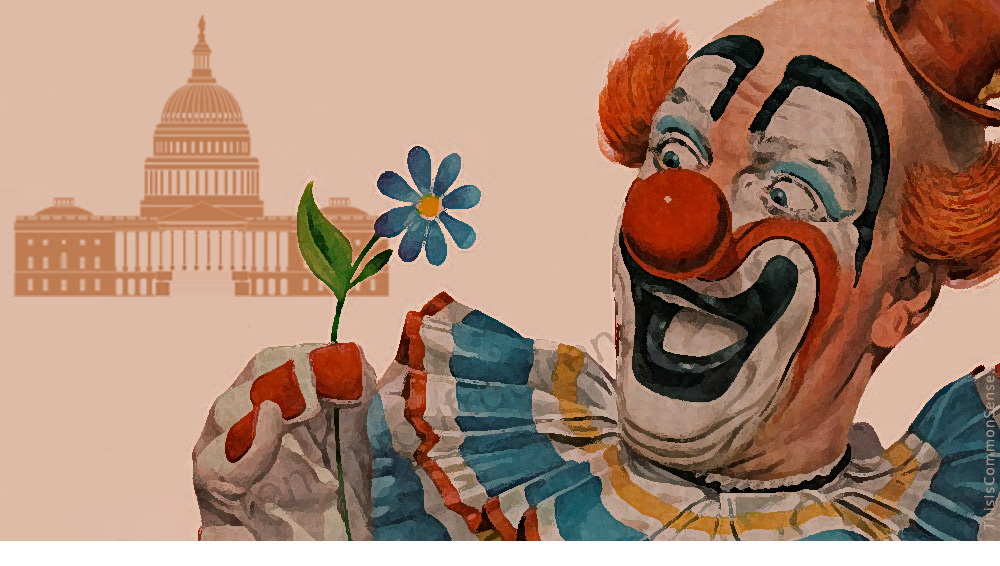“This trade war is cutting the legs out from under farmers,” says Senator Ben Sasse (R‑Neb.), “and White House’s ‘plan’ is to spend $12 billion on gold crutches.”
Referring to Donald Trump’s tariff brinksmanship with China, Sasse is decrying Trump’s request to Congress for compensatory farm subsidies. Sasse insists that “America’s farmers don’t want to be paid to lose” — but regardless of what farmers want, we should want free trade.
Tariffs are taxes. Consumers ultimately pay for them all.
Trump’s requested “crutches” is just another example of a bad government program leading to another, “compensatory” bad government program.
Old story. Too familiar.
The senator is right to be alarmed by the Trump “administration’s tariffs and bailouts,” for the president is playing a most dangerous game. Trade wars are not mutually beneficial. Trade is.
Of course, if the ultimate result is an end to all trade barriers — as Trump himself demanded regarding the EU — then … could it be worth it?
One thing’s for certain: the history of protectionist brinksmanship is not pretty. Sasse himself predicts that Trump’s tariff hikes “aren’t going to make America great again, they’re just going to make it 1929 again.”
Sasse is referring to the passing of the Smoot-Hawley Tariff Act of 1929, which led not only to a spooked Wall Street, but to bank failures and retaliatory protectionism from other countries.
And a worldwide depression. And world war.
But is Trump really a secret free trader,* using tariffs in a game of chicken with trading partners?
This just in, from The Guardian: “Trump and EU officials agree to work toward ‘zero tariff’ deal.”
Stay tuned.
This is Common Sense. I’m Paul Jacob.
* We could be forgiven for thinking him an old-fashioned protectionist, considering his repeated insistence that “Tariffs are the greatest!” But with Trump, maybe we should never take him literally.











